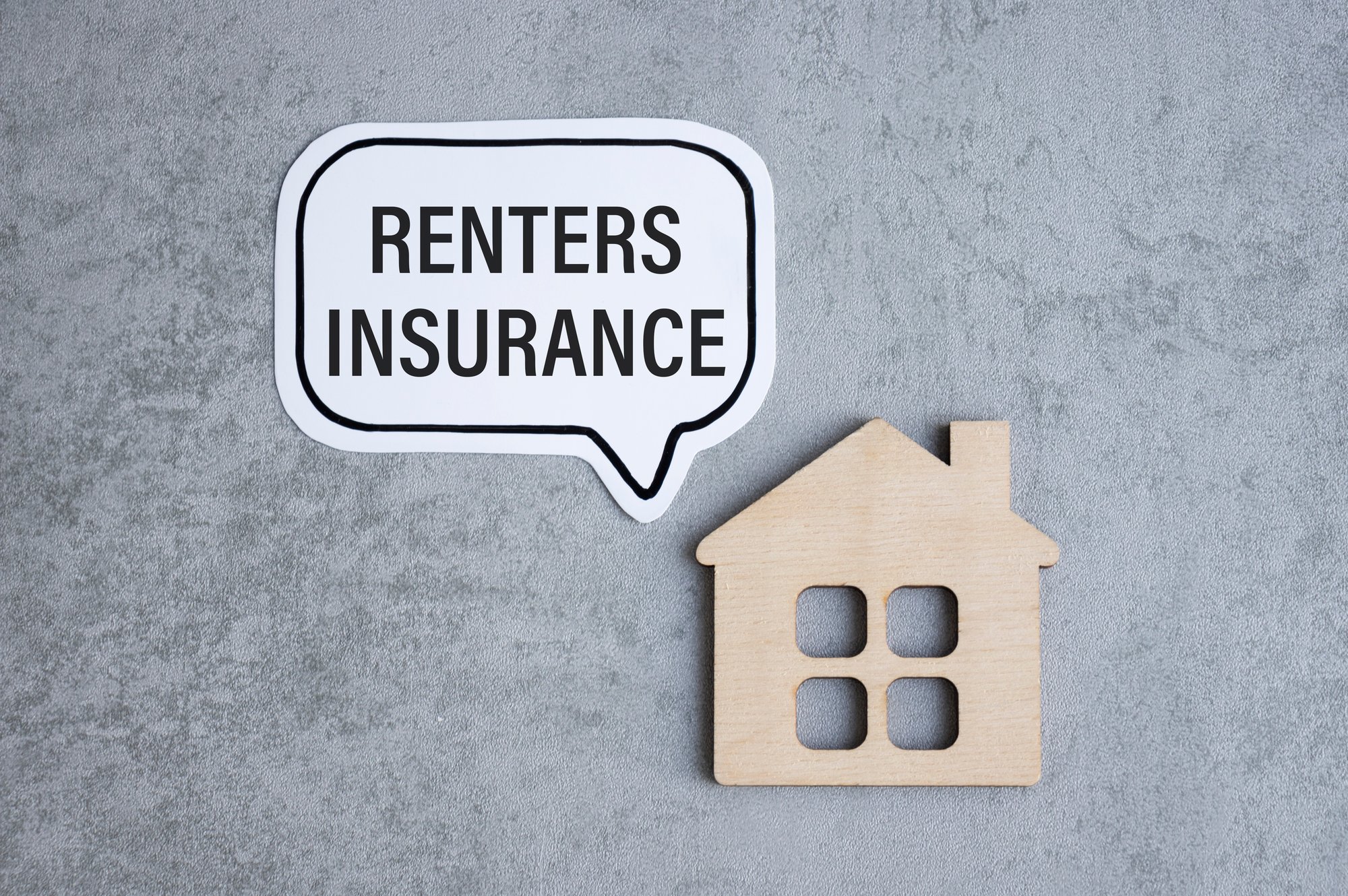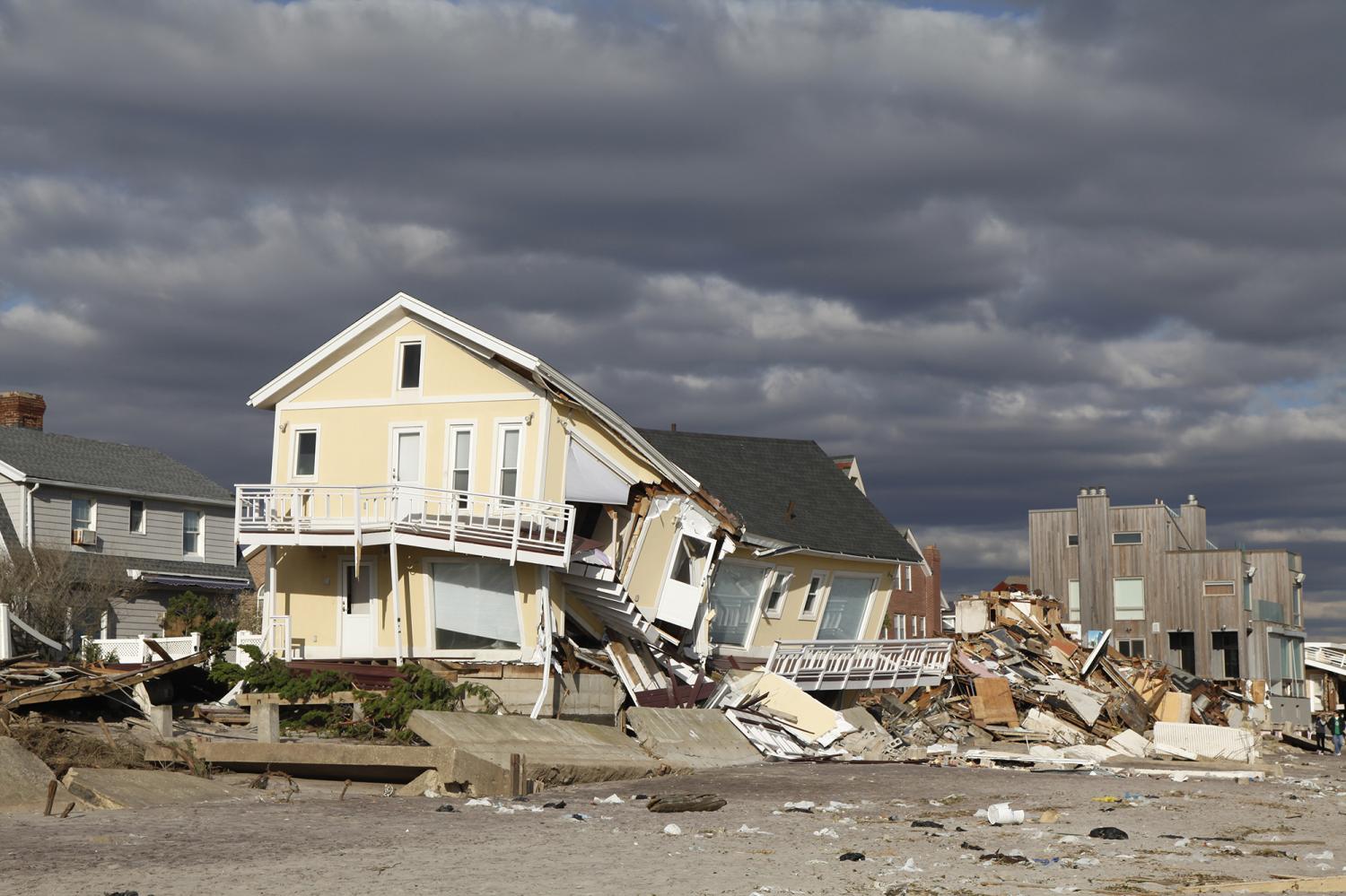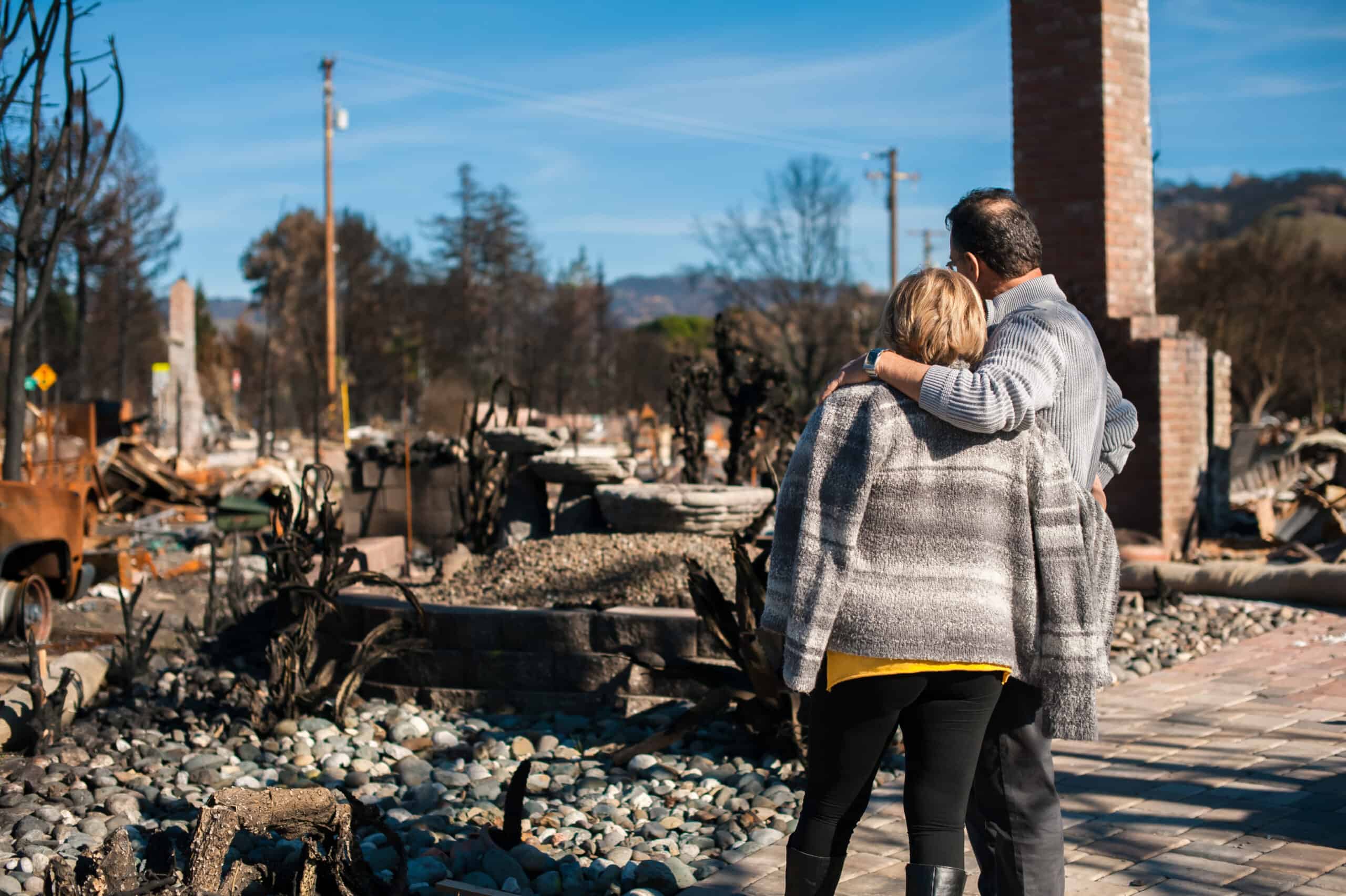Renting has become increasingly common in recent years, especially in cities where the cost of homeownership is high. Yet many renters overlook an essential safeguard that can provide peace of mind and financial protection—renter’s insurance. While the importance of renter’s insurance is valid year-round, its significance is especially heightened during disaster seasons, when the likelihood of natural calamities such as hurricanes, wildfires, floods, or earthquakes increases. Renter’s insurance not only shields tenants from potential financial losses but also offers a range of benefits that can be lifesaving during periods of crisis.
What Is Renter’s Insurance?
Renter’s insurance is a type of property insurance designed specifically for those who rent their living space, whether it's an apartment, house, or condo. Unlike homeowner's insurance, which covers the building itself, renter’s insurance covers the personal property of the tenant. It typically includes coverage for three main areas: personal belongings, liability protection, and additional living expenses (ALE) in case the rental property becomes uninhabitable.

Many people mistakenly assume that the landlord’s insurance policy covers the tenant’s belongings. However, the landlord's insurance only covers the structure of the building, not the personal possessions of the tenants. Renter’s insurance fills this gap by protecting renters from the financial burdens of replacing their personal items after theft, fire, or a natural disaster. Furthermore, it provides liability coverage if someone gets injured in the renter’s home, and it can help cover legal fees if the renter is sued.
Read more: Insurance for Rental Property Owners
Renter’s Insurance Coverage Explained
Before diving into the specific importance of renter’s insurance during disaster seasons, it’s important to break down the coverage categories:
-
Personal Property Coverage: This protects your belongings such as clothing, furniture, electronics, and appliances in the event they are damaged or destroyed by covered risks. These risks typically include fire, theft, vandalism, smoke damage, and specific weather-related events, though the exact perils covered may vary depending on the policy. For example, renter’s insurance might cover your TV or computer if a fire or tornado destroys your apartment.
-
Liability Coverage: This protects you in case someone is injured while in your rental home, or if you accidentally damage someone else’s property. For instance, if a guest trips in your apartment and sues you for medical expenses, your renter’s insurance policy can help cover these costs.
-
Additional Living Expenses (ALE): In case your rental property becomes uninhabitable due to a disaster (like a hurricane or wildfire), renter’s insurance helps pay for temporary housing, meals, and other necessary expenses while you cannot live in your rental home.
The Growing Threat of Natural Disasters
In the past decade, natural disasters have become more frequent and severe due to climate change. Hurricanes, wildfires, floods, tornadoes, and other extreme weather events have caused significant damage to homes and personal property. The Federal Emergency Management Agency (FEMA) reports that the cost of disaster recovery has skyrocketed in recent years, leaving many households with overwhelming financial burdens.
For renters, these natural disasters pose unique challenges. Unlike homeowners, renters do not have control over the structural integrity of their home or its preparedness for disasters. They rely on their landlords to ensure the building is up to code and capable of withstanding adverse weather conditions. However, even the best-maintained properties can suffer damage during hurricanes, fires, or earthquakes, leaving tenants vulnerable to personal loss. This is where renter’s insurance becomes vital.
Importance of Renter’s Insurance During Disaster Seasons
While renter’s insurance is useful year-round, it becomes crucial during disaster seasons when the chances of damage or loss increase dramatically. Below are key reasons why renter’s insurance is especially important during these times:
1. Protection Against Property Loss
Natural disasters can strike with little warning, leaving homes and belongings destroyed or damaged. Hurricanes, for example, can cause flooding that destroys furniture, electronics, and other valuable possessions. Wildfires can spread rapidly, burning everything in their path, while earthquakes can cause structural damage that leads to the loss of personal items.

Renter’s insurance provides coverage for these situations. If a tenant’s personal property is damaged or destroyed due to a covered peril, the insurance policy will reimburse the cost of replacing these items (up to the policy’s limit). This protection ensures that renters won’t have to shoulder the full financial burden of replacing all their belongings in the aftermath of a disaster.
2. Coverage for Temporary Living Expenses
Disasters such as hurricanes or wildfires can leave homes uninhabitable for weeks or even months. During this time, renters may need to find temporary housing, which can be costly. Renter’s insurance policies typically include Additional Living Expenses (ALE) coverage, which helps pay for these costs. This might include hotel bills, the cost of food, and other necessities while your rental home is being repaired.
Without ALE coverage, renters could be forced to pay out-of-pocket for accommodations and other expenses while displaced, adding financial stress to an already difficult situation.
Read more: Do I Have to Pay Rent During a Natural Disaster?
3. Liability Protection During Disasters
Liability protection is another important feature of renter’s insurance, especially during disaster seasons. Natural disasters can create hazardous living conditions that increase the risk of injury. For instance, if a flood leaves your apartment in a dangerous state and a guest gets injured, they could potentially sue you for damages. Renter’s insurance can help cover the medical expenses or legal fees associated with such incidents, protecting your financial well-being.
4. Affordability and Accessibility
Renter’s insurance is remarkably affordable, especially when compared to other types of insurance. According to the Insurance Information Institute, the average cost of renter’s insurance in the U.S. is around $15 to $20 per month. This low cost makes it accessible to the majority of renters, allowing them to protect their belongings and finances without breaking the bank. Given the high costs of replacing personal property or covering temporary housing during a disaster, this small monthly investment offers significant value.
5. Peace of Mind
Perhaps one of the most overlooked benefits of renter’s insurance is the peace of mind it provides. Knowing that you have a safety net in place in case disaster strikes can alleviate some of the stress and anxiety associated with living in an area prone to natural disasters. Whether you’re renting an apartment in a hurricane zone or a house near a wildfire-prone area, having renter’s insurance means you are financially prepared for the unexpected.

Common Misconceptions About Renter’s Insurance and Disasters
Despite its benefits, many renters either don’t have insurance or believe they don’t need it. Here are a few common misconceptions:
- “My landlord’s insurance will cover me.” As mentioned earlier, your landlord’s insurance only covers the building itself, not your personal belongings.
- “I don’t own enough valuable stuff to need insurance.” Even if you think your belongings are not worth much, the cost of replacing everything from clothing to electronics can quickly add up after a disaster.
- “Natural disasters are not covered.” While not all disasters (like floods and earthquakes) are covered under standard policies, many renter’s insurance plans do offer coverage for perils like fires, storms, and theft. Renters can also purchase additional coverage for floods or earthquakes.
Conclusion
Renter’s insurance is an essential safety net that protects tenants from the financial losses associated with disasters. As the frequency and severity of natural calamities increase, so does the importance of being prepared. During disaster seasons, renter’s insurance can mean the difference between financial ruin and a smooth recovery. From protecting personal belongings to covering temporary living expenses and providing liability coverage, renter’s insurance offers comprehensive protection for tenants in times of crisis. Investing in this affordable policy not only safeguards your financial future but also provides peace of mind, knowing that you are prepared for the unexpected.
Read more: What is Rental Property Insurance?




![Roaches In Apartment Law [Updated 2023]](https://www.allinfohome.com/storage/photos/63f329cf87bfe39c38006c42/Roaches In Apartment Law.jpg)
